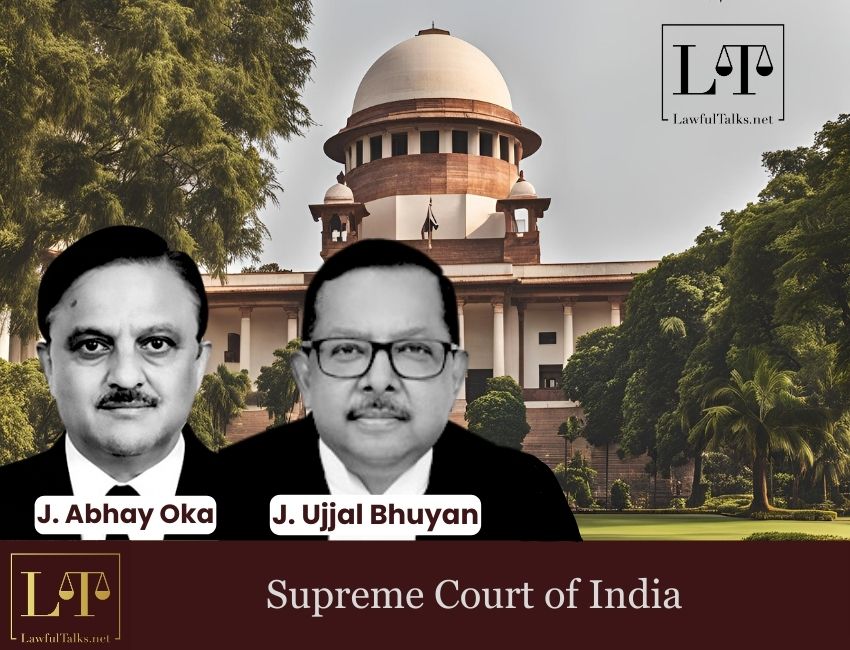Allahabad HC Sets Aside Afzal Ansari's Conviction, Allows Him to Continue as MP

In a significant judgment delivered on January 20, 2025, the Supreme Court of India reinforced the legal sanctity of oral statements made by counsels on behalf of parties in constitutional courts. A bench comprising Justice Abhay S. Oka and Justice Ujjal Bhuyan unequivocally held that an order cannot be subjected to review solely on the ground that consent was not provided in writing. The judgment came while overturning an order of the Calcutta High Court, which had allowed a review petition in a service matter based on the absence of written consent for an earlier directive.

The case originated from alleged irregularities in the 2009 recruitment process conducted by the District Primary School Council (DPSC), Malda. On April 26, 2024, the Calcutta High Court had passed an order resolving the matter by recording the oral consent of the counsels for all parties, including the DPSC, Howrah. The order stipulated that candidates who had participated in the 2009 recruitment process and had filed writ petitions by April 25, 2024, would be entitled to appointments against existing or future vacancies.
Subsequently, the DPSC, Malda, filed a review petition challenging the April 26, 2024, order, arguing that the consent of their counsel had not been provided in writing. Accepting this contention, the Calcutta High Court, on September 25, 2024, allowed the review petition and recalled its earlier order. The High Court reasoned that since the April 26, 2024, order was premised on consent, the absence of written confirmation rendered it unsustainable.
This decision was challenged before the Supreme Court, which scrutinized the High Court’s reasoning and emphasized the longstanding principle that oral statements made by counsels are binding. The apex court observed that all constitutional courts in India routinely rely on oral statements made across the bar, and to insist on written consent for every instance would disrupt the smooth functioning of judicial proceedings.
The Supreme Court emphasised that the April 26, 2024, order explicitly recorded the oral consent of the counsels representing the respondents, including the DPSC. It held that the review petition should not have been entertained solely on the ground that the consent was not in writing. By setting aside the September 25, 2024, order of the Calcutta High Court, the Supreme Court reinstated the original order dated April 26, 2024. However, it clarified that any party aggrieved by the reinstated order was free to challenge it through appropriate legal channels.
Case Title – Rimpa Saha v. District Primary School Council Malda





























































































































































































































































































































































































































































































































































































































































































































































